Euthanasia doctors in Canada struggle with the ethics of killing vulnerable patients
Canada doesn’t require that patients exhaust all medical treatments before seeking death
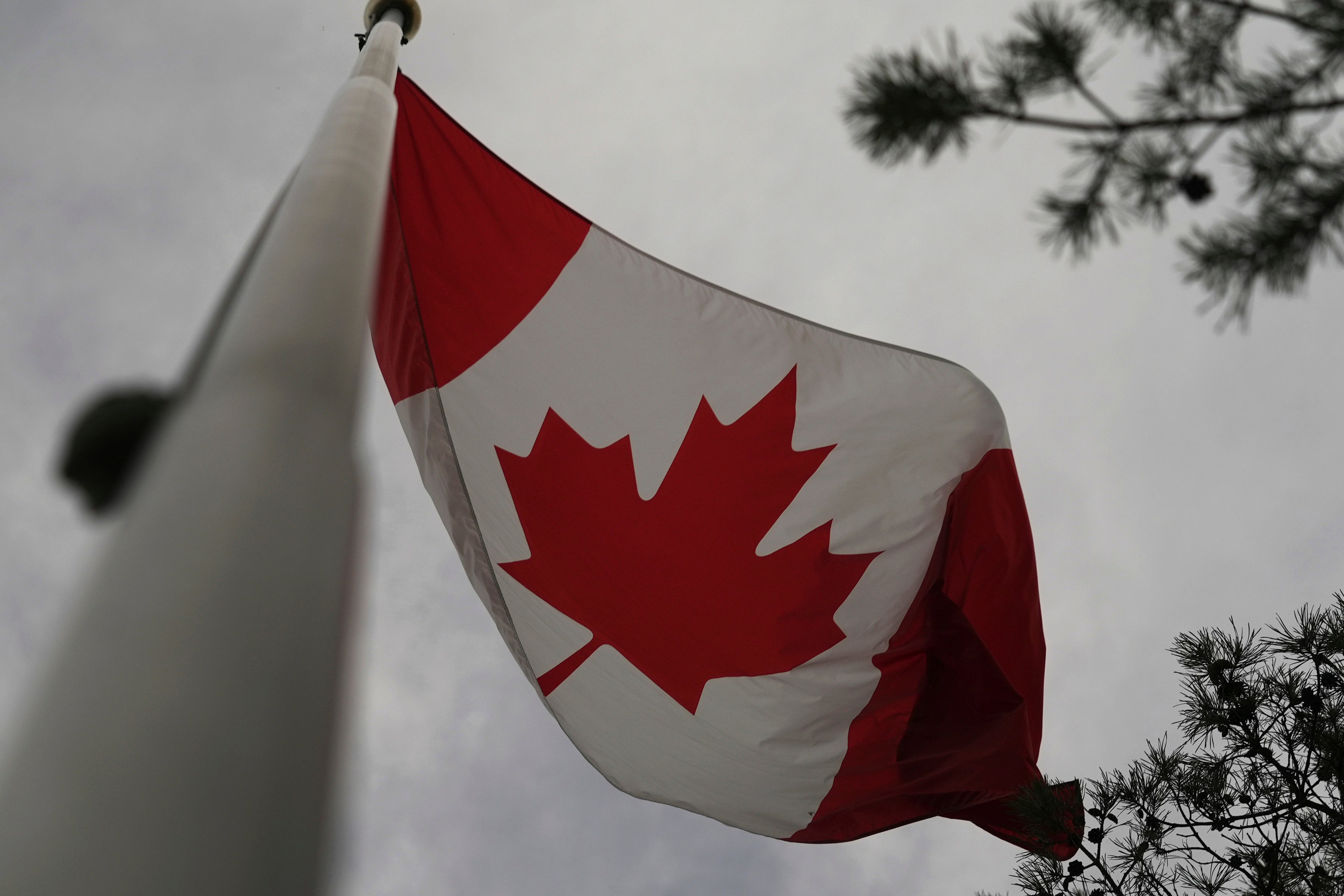
Your support helps us to tell the story
From reproductive rights to climate change to Big Tech, The Independent is on the ground when the story is developing. Whether it's investigating the financials of Elon Musk's pro-Trump PAC or producing our latest documentary, 'The A Word', which shines a light on the American women fighting for reproductive rights, we know how important it is to parse out the facts from the messaging.
At such a critical moment in US history, we need reporters on the ground. Your donation allows us to keep sending journalists to speak to both sides of the story.
The Independent is trusted by Americans across the entire political spectrum. And unlike many other quality news outlets, we choose not to lock Americans out of our reporting and analysis with paywalls. We believe quality journalism should be available to everyone, paid for by those who can afford it.
Your support makes all the difference.A homeless man refusing long-term care, a woman with severe obesity, an injured worker given meagre government assistance, and grieving new widows.
All of them have requested to be killed under Canada’s euthanasia system, and each sparked private debate among doctors and nurses struggling with the ethics of one of the world’s most permissive laws on the practice, according to a new investigation.
As Canada pushes to expand euthanasia and more countries move, healthcare workers are grappling with requests from people whose pain might be alleviated by money, adequate housing or social connections. And internal data obtained by AP from Canada’s most populous province suggest a significant number of people euthanised when they are in unmanageable pain but not about to die live in Ontario's poorest and most deprived areas.
Unlike many other countries, Canada doesn’t require that patients exhaust all medical treatments before seeking death.
Polls show that expanding access to euthanasia has long been supported across Canada. But the country appears to be pushing the boundaries of what’s socially acceptable, experts say, and that could have global implications, as countries including Britain and France move towards legalisation.
In the UK the Archbishop of Canterbury Justin Welby has warned of his concerns around introducing any form of legislation for assisted dying.
He told the BBC: “I think this approach is both dangerous and sets us in a direction which is even more dangerous, and in every other place where it’s been done, has led to a slippery slope.”
But Labour MP Kim Leadbeater, who is introducing legislation for choice at the end of life, has rejected this argument.
She told ITV’s Good Morning Britain she would not have such concerns so long as “we get this legislation right”, adding: “That’s why the next six weeks and the debates that will come in the following months are really important.
“We’ve got the benefit in this country of looking at what other countries have done. And I’m very clear, based on what I’ve seen so far and the research that I’ve done is, if we get this right from the start, which some places have done, places like Oregon and certain states in Australia, we have very strict criteria, then those jurisdictions do not broaden out the criteria.
“So we have to get it right from the start with very clear criteria, safeguards and protections.
“And I’m not looking at the model that is going on in Canada. I’m looking at those other jurisdictions where this is done well and in some cases it’s been done for a long time, very well, and the criteria have never been extended.”
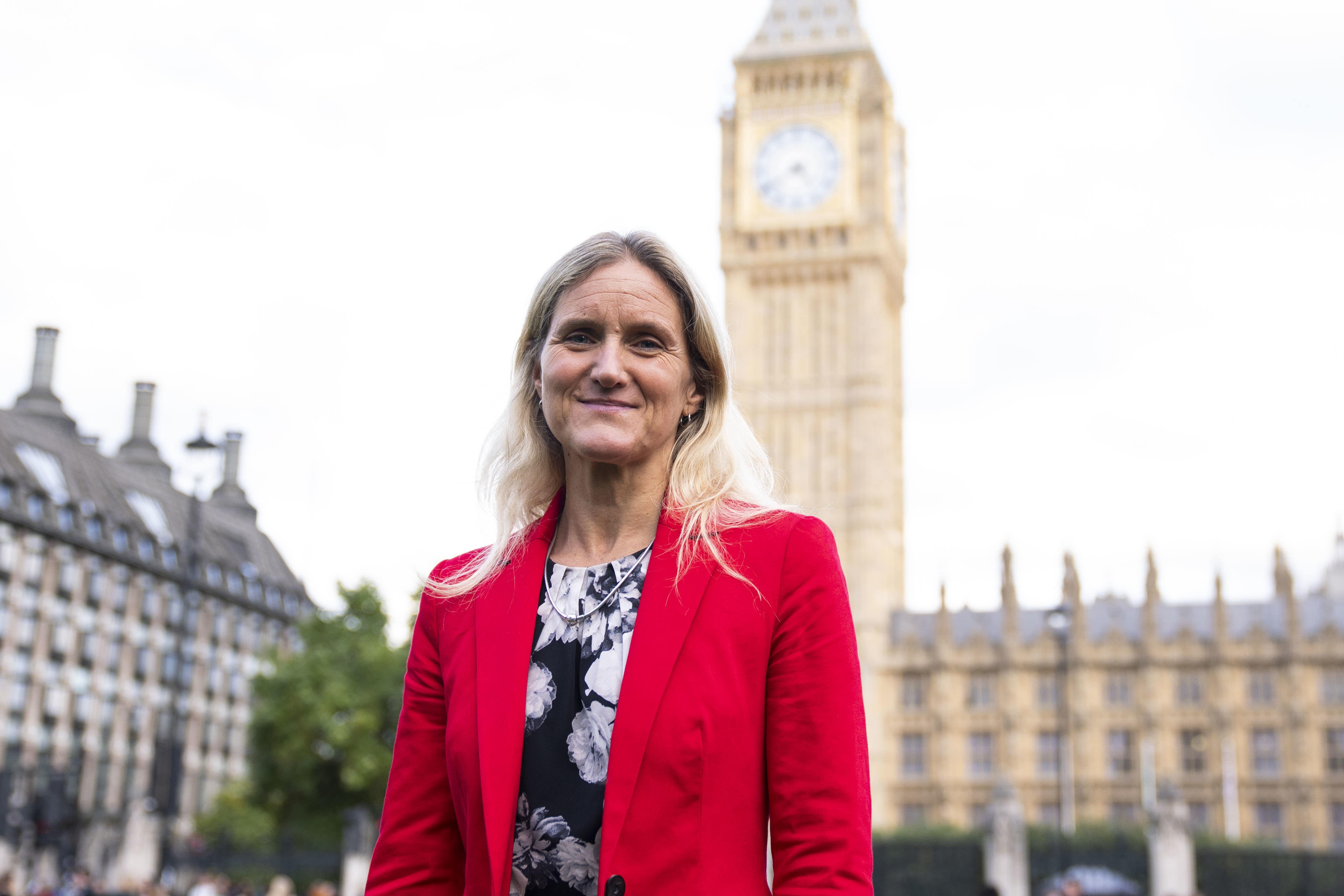
In Canada, some doctors fear moving forward even with cases that meet tge legal requirements, which allow euthanasia for people with “irremediable suffering” from serious but nonfatal medical conditions and disabilities. On private forums, doctors and nurses have expressed deep discomfort with ending the lives of vulnerable people whose deaths were avoidable, according to messages provided to AP by a participant on condition of anonymity due to their confidentiality.
Some of the requests from the forums were approved and acted upon. Others were denied. But the discourse about patients who are poor, disabled or lonely shows a fraught process where medical professionals test the limits of what conditions warrant euthanasia. The controversial cases in the forums have never been disclosed through Canada’s oversight system, even in an anonymized manner.
When Canada legalised assisted dying in 2016, officials said they wanted to reduce suffering and support individual autonomy and freedom of choice — and polls have consistently shown public approval. Prime Minister Justin Trudeau promised then that safeguards would prevent vulnerable people from being euthanised “because you’re not getting the support and care you actually need.”
But experts tasked with delivering euthanasia to people who aren't dying have called it “morally distressing” and say the legal provisions are too vague to be protective, obliging doctors and nurses to at times end the lives of people they believe might otherwise be saved.
“I don’t want (euthanasia) to become the solution to every kind of suffering out there,” a physician wrote to colleagues on one of the private forums.
Canada has the world’s fastest-growing program for euthanasia, the practice of doctors and nurse practitioners killing patients with an injection of drugs at their request. Medically assisted suicide — patients themselves taking prescribed, lethal medication — also is legal.
But virtually all of Canada’s MAiD cases — as it’s widely known here, for medical assistance in dying – are euthanasia, with a doctor or nurse practitioner giving the fatal injection.
After legalising euthanasia in 2016, Canada broadened its law in 2021 to allow people with incurable, but not terminal, conditions – including disability alone – to seek a way to die. This vastly expanded the number of people eligible, and medical groups in some territories and provinces require doctors to inform, offer or help provide euthanasia to any patients who might qualify.
Adults with serious, incurable conditions must have a written request approved by two independent doctors or nurse practitioners. Those with nonterminal cases must be informed of other ways to relieve their suffering, among other requirements, and there’s a minimum 90-day assessment period.
As the eligibility pool has grown, so has criticism among academics, disability advocacy groups and religious communities.
Doctors and nurses “do not treat MAiD as an option of last resort,” said an August report published by the Christian think tank Cardus.
The nonprofit organisation Inclusion Canada regularly hears from people with disabilities who are offered euthanasia, including one disabled woman whose physiotherapist suggested it when she sought help for a bruised hip, said executive vice president Krista Carr.
“Our response to the intolerable suffering of people with disabilities is: 'Your life is not worth living,’” she said. “We'll just offer them the lethal injection, and we'll offer it readily.”
When euthanasia was legalised, doctors and nurse practitioners set up email discussion groups as confidential forums to discuss potentially troubling cases, with limited patient details for privacy. They're now run by the Canadian Association of MAiD Assessors and Providers.
Association President Dr. Konia Trouton told AP via email that providing euthanasia for vulnerability or financial reasons alone is “completely forbidden." Trouton said doctors and nurse practitioners consult with one another on the forums “to gain insights and learn from the experiences of others.”
The participant who shared some of the email discussions with AP provided dozens of messages raising questions about the medical and ethical complexities of euthanasia requests from people nationwide who weren't terminally ill.
A middle-aged worker whose ankle and back injuries made him unable to resume his previous job told his doctor that the government’s measly support was “leaving (him) with no choice but to pursue MAiD.” His doctor told forum participants the patient met legal criteria, with severe pain, strained social relationships and inability to work. Others agreed and assured the doctor the man was clearly in pain. But the doctor was hesitant because the man cited reduced government payments as a key factor.
Cases of homelessness appear regularly and spark some of the most heated debate.
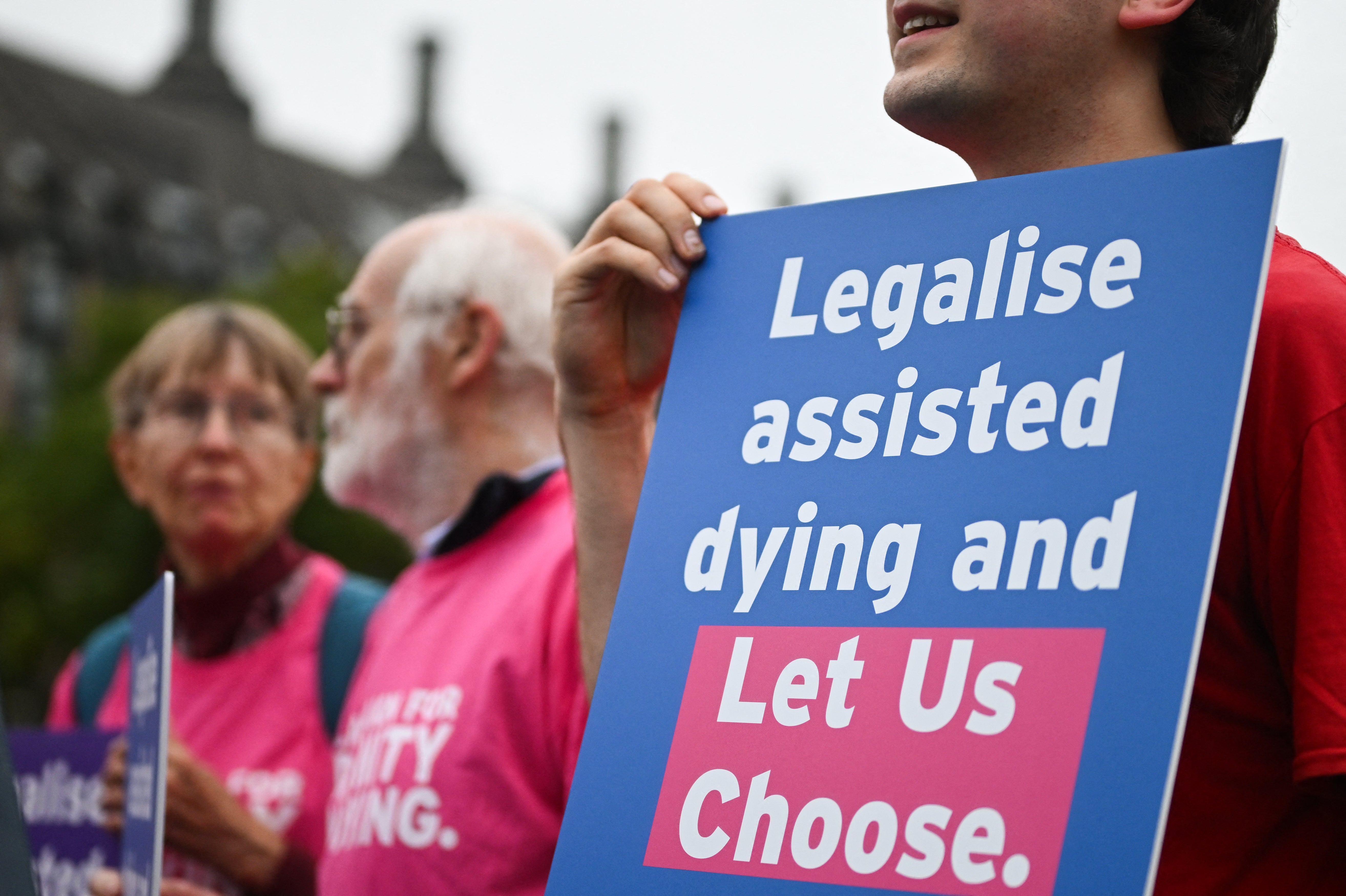
One doctor wrote that although his patient had a serious lung disease, his suffering was “mostly because he is homeless, in debt and cannot tolerate the idea of (long-term care) of any kind.” A respondent questioned whether the fear of living in the nursing home was truly intolerable. Another said the prospect of “looking at the wall or ceiling waiting to be fed … to have diapers changed” was sufficiently painful.
The man was eventually euthanised.
One provider said any suggestion they should provide patients with better housing options before offering euthanasia “seems simply unrealistic and hence, cruel,” amid a national housing crisis.
Physicians said keeping their opinions out of assessments was difficult — and painful, given patients' emotions and desperation.
Experts not linked to the forums said that while doctors and nurses need private space for discussion, the lack of transparency about controversial cases is alarming.
“The question about who gets euthanasia is a societal question,” said Kasper Raus, a researcher at Ghent University’s Bioethics Institute in Belgium. “This is a procedure that ends people’s lives, so we need to be closely monitoring any changes in who is getting it.
“If not, the entire practice could change and veer away from the reasons that we legalised euthanasia.”
Data suggest marginalised people are affected
Critics have long warned that Canada’s policies have led to euthanasia among disadvantaged people whose deaths weren't imminent. Despite publicised cases of people asking to be killed because of insufficient support, government officials have largely refuted the idea that socially disadvantaged people are being euthanised.
But in Ontario, more than three quarters of people euthanised when their death wasn't imminent required disability support before their death in 2023, according to data from a slideshow presentation by the province’s chief coroner, shared with AP by both a researcher and a doctor on condition of anonymity due to its sensitive nature.
Of people killed when they weren’t terminally ill, nearly 29% lived in the poorest parts of Ontario, compared with 20% of the province's general population living in the most deprived communities, the data show.
People euthanised with nonterminal conditions were “more likely to live in neighborhoods where there’s higher levels of residential instability, higher material deprivation and greater dependency on government support,” Ontario Chief Coroner Dr. Dirk Huyer said during his May presentation.
The figures suggest poverty may be a factor in Canada’s nonterminal euthanasia cases.
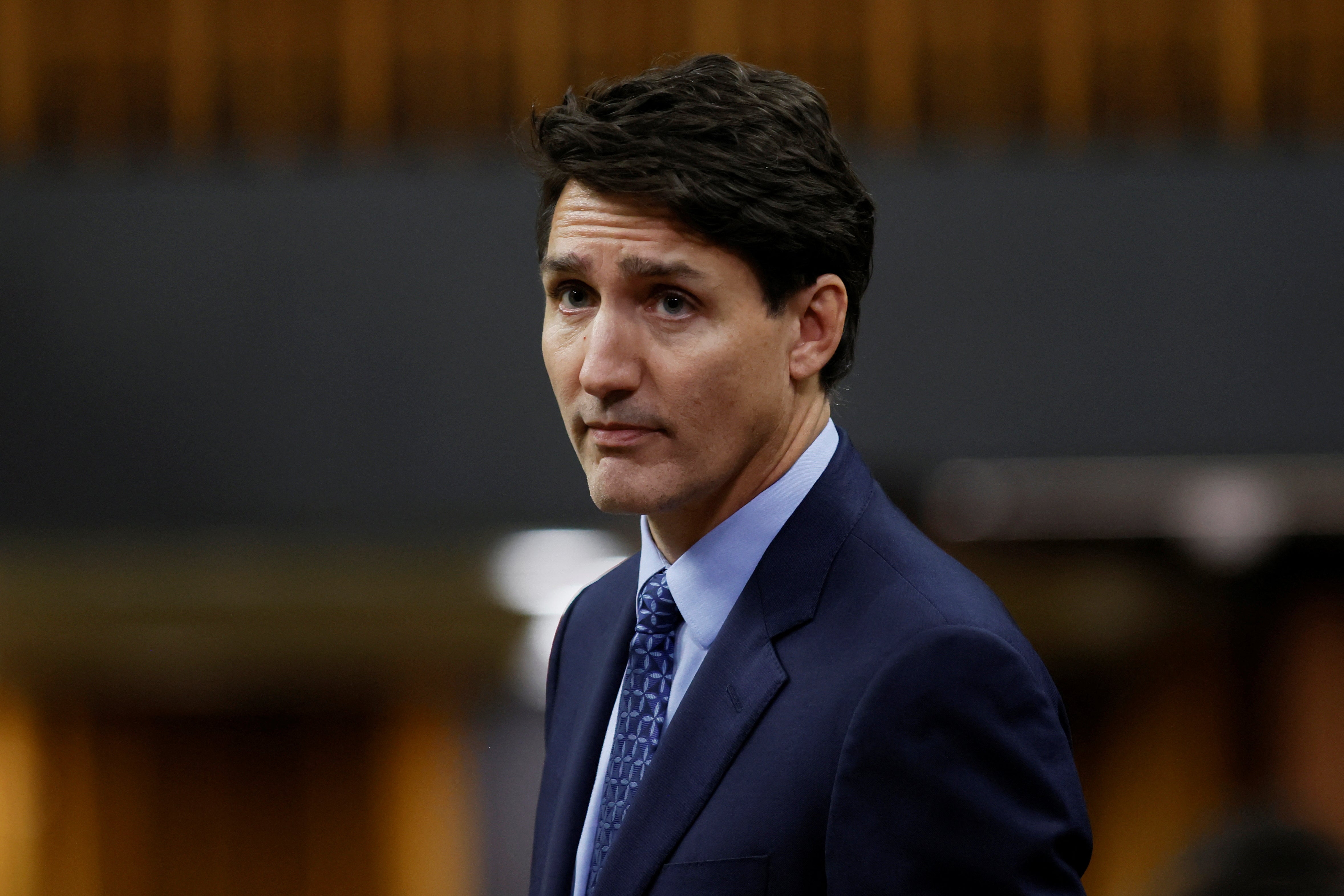
But Huyer told AP that the data was only an early analysis and “it’s tough to know exactly what it means,” saying that his job was only to present the statistics.
Poverty doesn't appear to disproportionately affect patients with terminal diseases who are euthanised, according to the leaked data. And experts say no other country that has legalised euthanasia has seen a marked number of deaths in impoverished people.
Overall for Ontario, the data show, nonterminal patients account for a small portion of all euthanasia cases: 116 of 4,528 deaths last year. But the presentation and discussion among Ontario officials and medical professionals show rising awareness of euthanasia deaths for social reasons.
Health Canada, the government agency responsible for national health policy, publishes yearly reports of euthanasia trends but hasn’t released any review of cases that triggered ethical concerns.
Marie-Pier Burelle, a spokeswoman for Health Canada, said in an email that “lack of access to social supports or to health services is not and would never be part of eligibility criteria” for euthanasia. Burelle cited “stringent safeguards to affirm and protect the inherent and equal value of every person’s life.”
In private, though, Canadian officials have examined worrisome cases.
A document from the Ministry of the Solicitor General in Ontario sent to all euthanasia providers in the province in May noted two cases of “lessons learned” in nonterminal cases. The document was shared with AP by a doctor on condition of anonymity because it wasn’t authorised for release.
In one, a 74-year-old patient who’d suffered high blood pressure, a stroke and blindness, among other difficulties, was increasingly dependent on their spouse and “expressed their interest in MAiD to their family physician, due to their vision impairment and loss of hope for improvement of their vision and quality of life.”
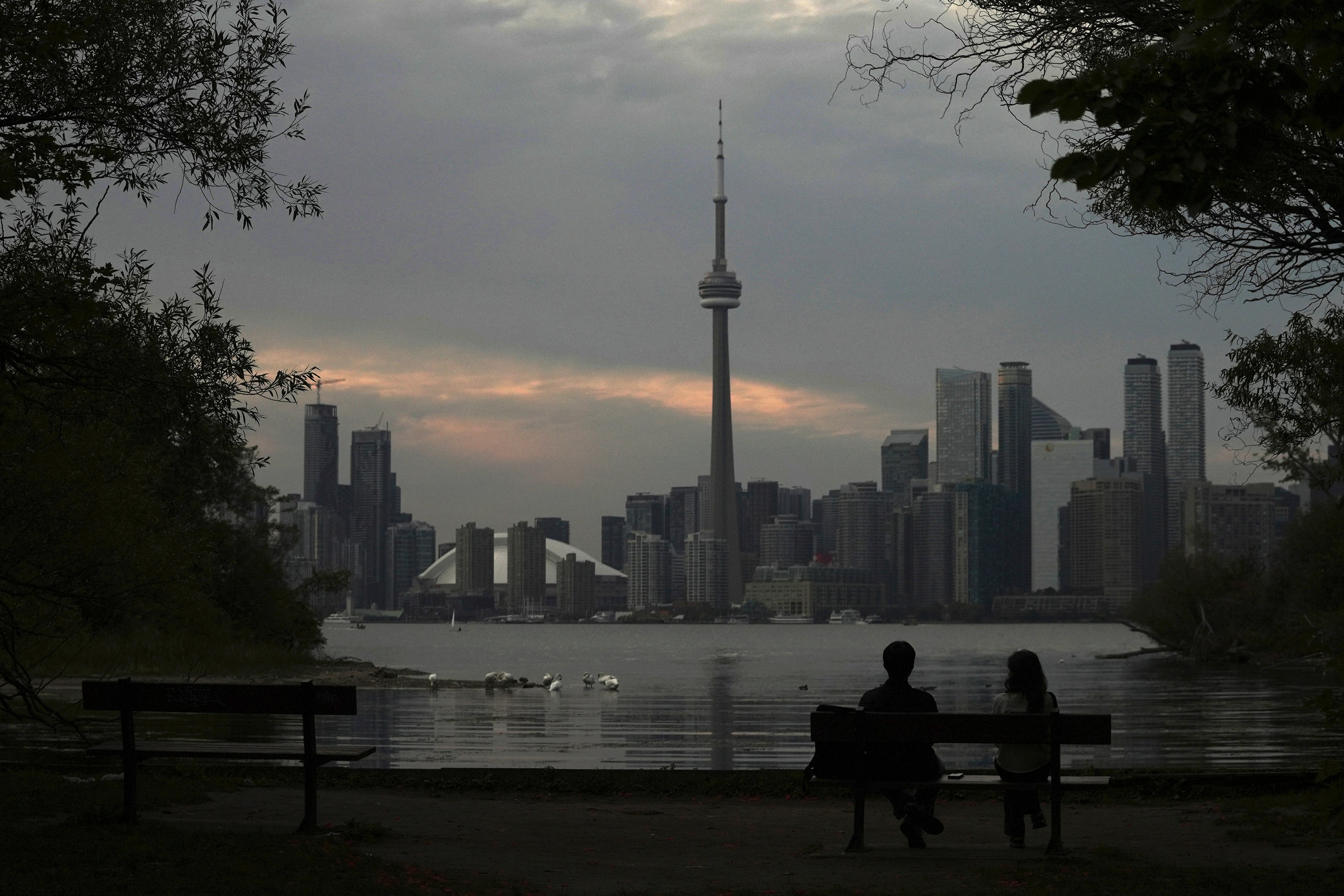
The report cited three instances where legally mandated safeguards were not met. Among them: No assessor or expert versed in the nonterminal condition was involved, and efforts to discuss alternatives to death were “limited.”
The report also said the procedure was scheduled “based on the spouse’s preference of timing." Officials questioned whether “the patient’s death was genuinely voluntary and free of coercion." Independent legal experts said those breaches could constitute violations of criminal law.
“Canada seems to be providing euthanasia for social reasons, when people don't have the financial means, which would be a big taboo in Europe,” said Theo Boer, professor of health care ethics at Groningen University in the Netherlands. “That may be what Canadians want, but they would still benefit from some honest self-reflection about what is going on.”
Some of that reflection is happening in the confidential providers’ forums.
They’ve debated whether it’s valid to euthanise people for obesity in several cases. One woman with severe obesity described herself as a “useless body taking up space” — she'd lost interest in activities, became socially withdrawn and said she had “no purpose,” according to the doctor who reviewed her case. Another physician reasoned that euthanasia was warranted because obesity is “a medical condition which is indeed grievous and irremediable.”
When a health worker inquired whether anyone had euthanised patients for blindness, one provider reported four such cases. In one, they said, an elderly man who saw “only shadows” was his wife’s caregiver when he requested euthanasia; he wanted her to die with him. The couple had several appointments with an assessor before the wife “finally agreed” to be killed, the provider said. She died unexpectedly just days before the scheduled euthanasia.
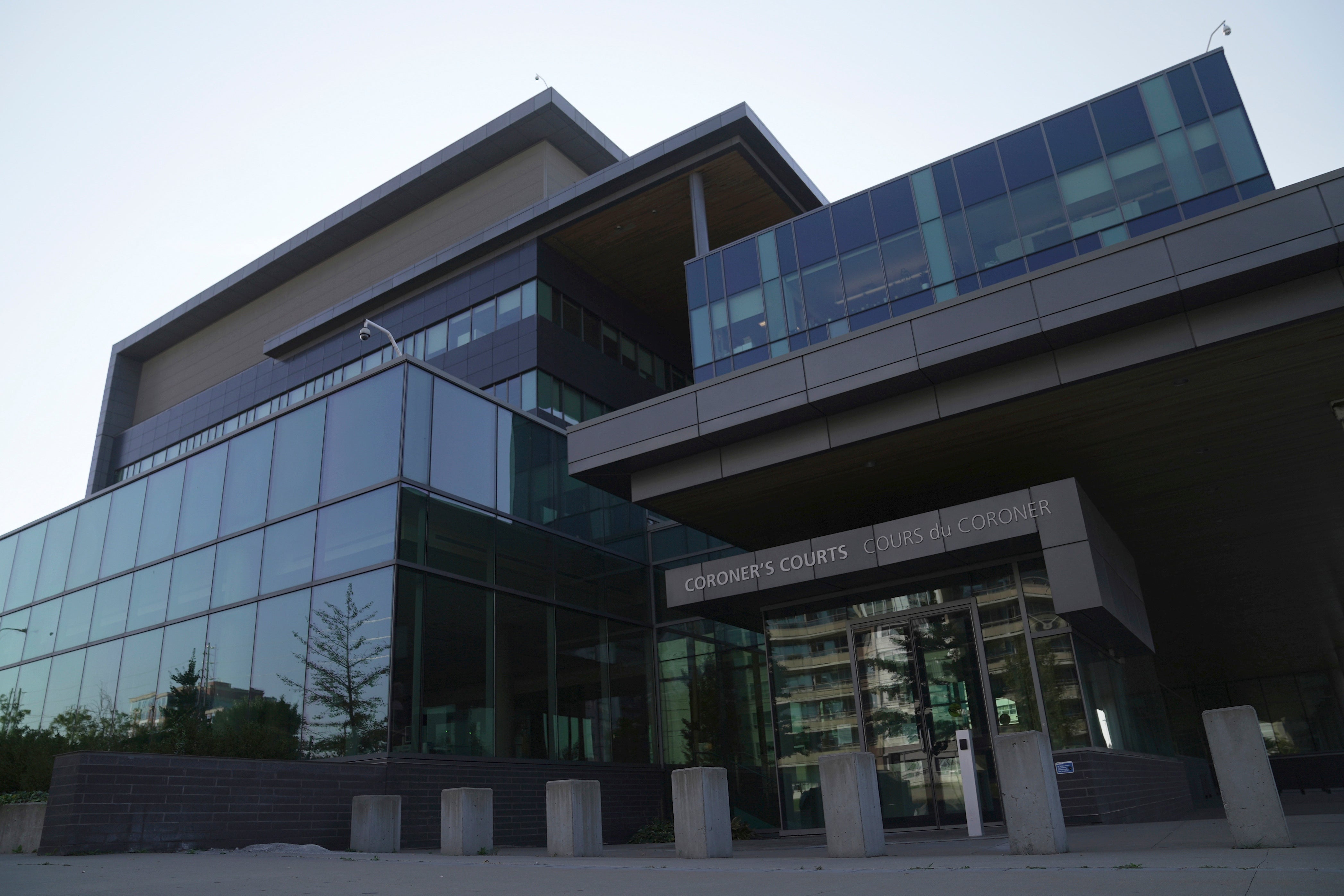
Providers on the forum were divided over ending the lives of people in mourning. One case involved a woman in her 80s who required dialysis and lost her husband, sibling and cat in a six-week period. Her assessor said her suffering and request to die were tied to her husband’s death rather than any medical conditions.
Some doctors said because she lost her husband — the protective factor that would make the other losses and suffering bearable — she qualified. Others recommended grief counseling instead.
A provider referenced a similar case, in which a widow requested euthanasia within weeks of her husband’s death: “Her whole life system crashed. I felt much ease in providing for her and had no pushback from the coroner.”
Dr. Ellen Wiebe, who has euthanised more than 400 people in Canada, told AP that while poverty inevitably exacerbates suffering, improved housing and social situations have never changed a patient’s mind.
“The idea that because I’m disabled, I should lose my rights that undisabled people have is outrageous,” said Wiebe, who suffers from heart disease and uses a wheelchair.
She predicted legal consequences if officials introduce more safeguards for euthanasia: “We’ll just be back in court with somebody saying, ‘You interfered with my basic human rights.’”
The government already faces challenges to its euthanasia laws on all sides. The advocacy group Dying with Dignity filed an August lawsuit in Ontario, alleging it's “discriminatory” to exclude mentally ill people from euthanasia. A coalition of disability-rights organisations in a lawsuit last month argued that euthanasia legislation has resulted in premature deaths of people with disabilities.
On euthanasia forums, doctors and nurses continue to struggle with cases of patients who aren’t fatally ill, lamenting that Canada’s health and social services can seem woefully inadequate.
“I have great discomfort with the idea of MAiD being driven by social circumstances,” one provider said. “I don’t have a good solution to social deprivation either, so I feel pretty useless when I receive requests like this.”